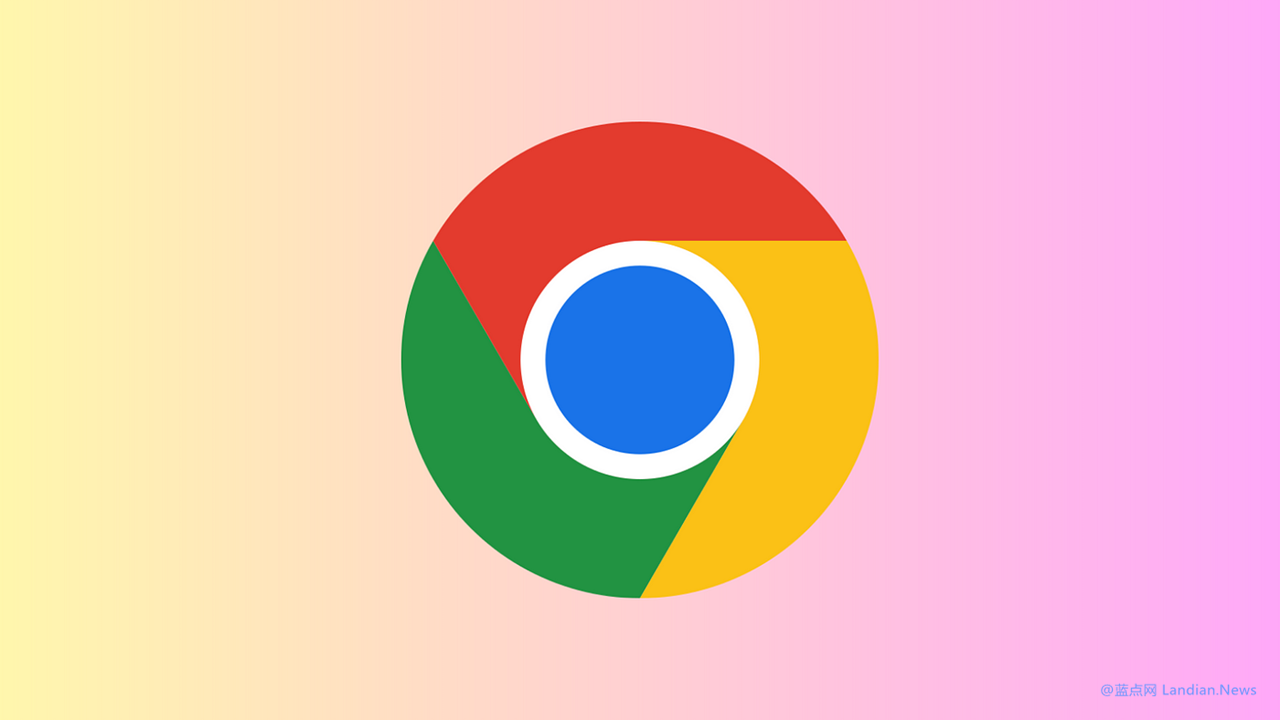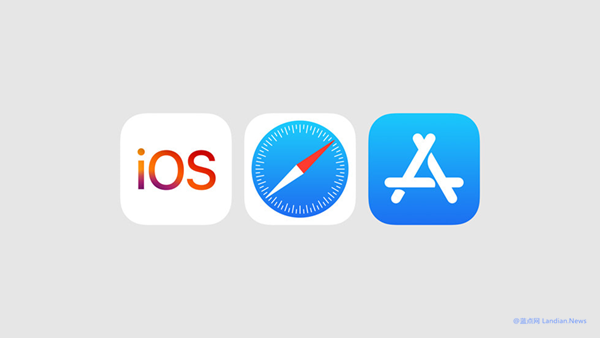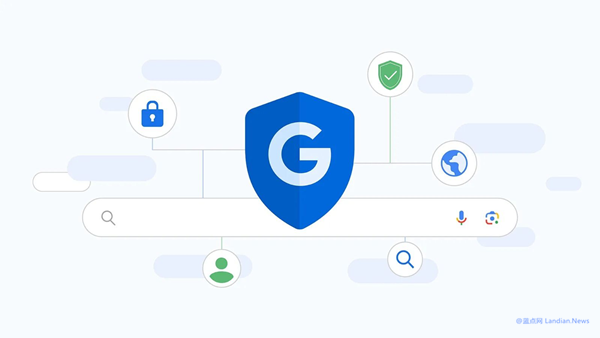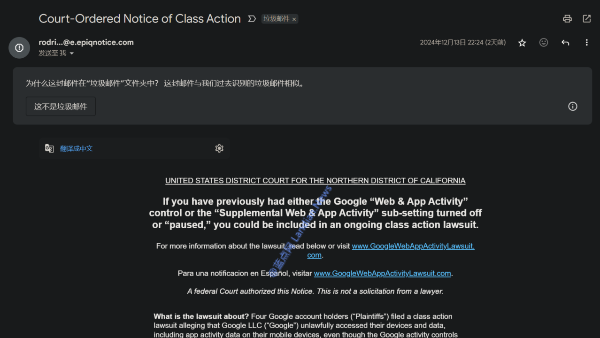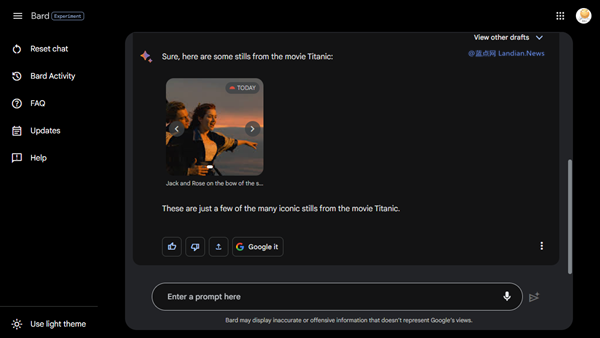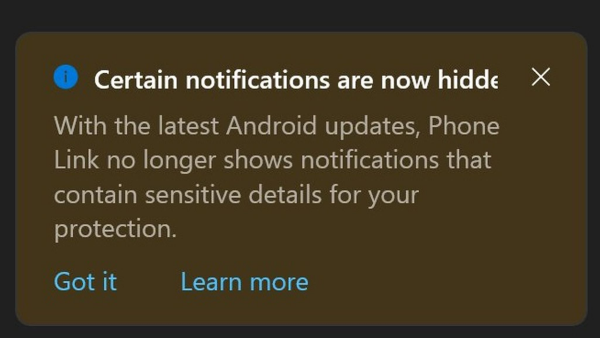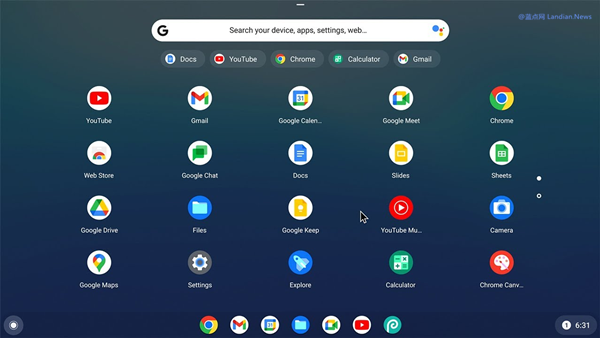U.S. Department of Justice Considers Breaking Up Google: Android, Chrome, and Advertising Operations Could Be Split Off
In the coming period, Google's fate could be significantly influenced, as the U.S. Department of Justice is seriously contemplating dismantling the tech giant to address its long-standing monopoly over the search engine and advertising markets.
A successful forced breakup of Google would mark the first time in two decades that the U.S. government has taken such action against a company for illegal monopolistic practices. Twenty years ago, an attempt to split Microsoft was unsuccessful, with its antitrust case bearing similarities to Google's current situation.
Insiders reveal that less severe options include forcing Google to share more data with competitors and implementing measures to prevent Google from gaining an unfair advantage in artificial intelligence products.
Regardless, U.S. regulators may seek to prohibit Google from signing any exclusive agreements, which is central to the current antitrust case. However, should the Department of Justice proceed with the breakup plan, the potential impact on Google could be immense.
Which Products or Segments Could Be Split Off?
Insiders suggest that the most likely candidates for divestiture are the Android operating system and Google's web browser, Chrome, both of which hold significant market shares globally, especially Chrome's dominant position in both desktop and mobile markets.
In addition to Android and Chrome, the U.S. government is also considering forcing Google to sell its online advertising sales platform, Google AdWords, which has been integrated into the Google Ads advertising service.
Currently, the Department of Justice is consulting with external experts to evaluate various options. Meanwhile, as Google appeals, the Department of Justice will continue to develop its plan until a verdict is reached.
Regarding Data Sharing:
Another option for the Department of Justice could be to force Google to divest or license its data to competitors, such as Microsoft Bing and DuckDuckGo search engines.
This consideration arises because Google's exclusive contract with Apple not only ensures that Google Search garners the most users (16 times more than competitors) but also prevents competitors from improving their search engines — since most users utilize Google, other engines lack sufficient user and usage data for product enhancement.
The EU's Digital Markets Act also imposes similar requirements, mandating that Google must provide some data to third-party search engines. Google has expressed concerns about privacy issues related to data sharing, hence it will only provide information that meets certain criteria to aid in improving other search engines.
In the antitrust case against Microsoft, the settlement agreement required Microsoft to provide certain APIs to third parties for free, allowing other developers to communicate and exchange data through these interfaces.
